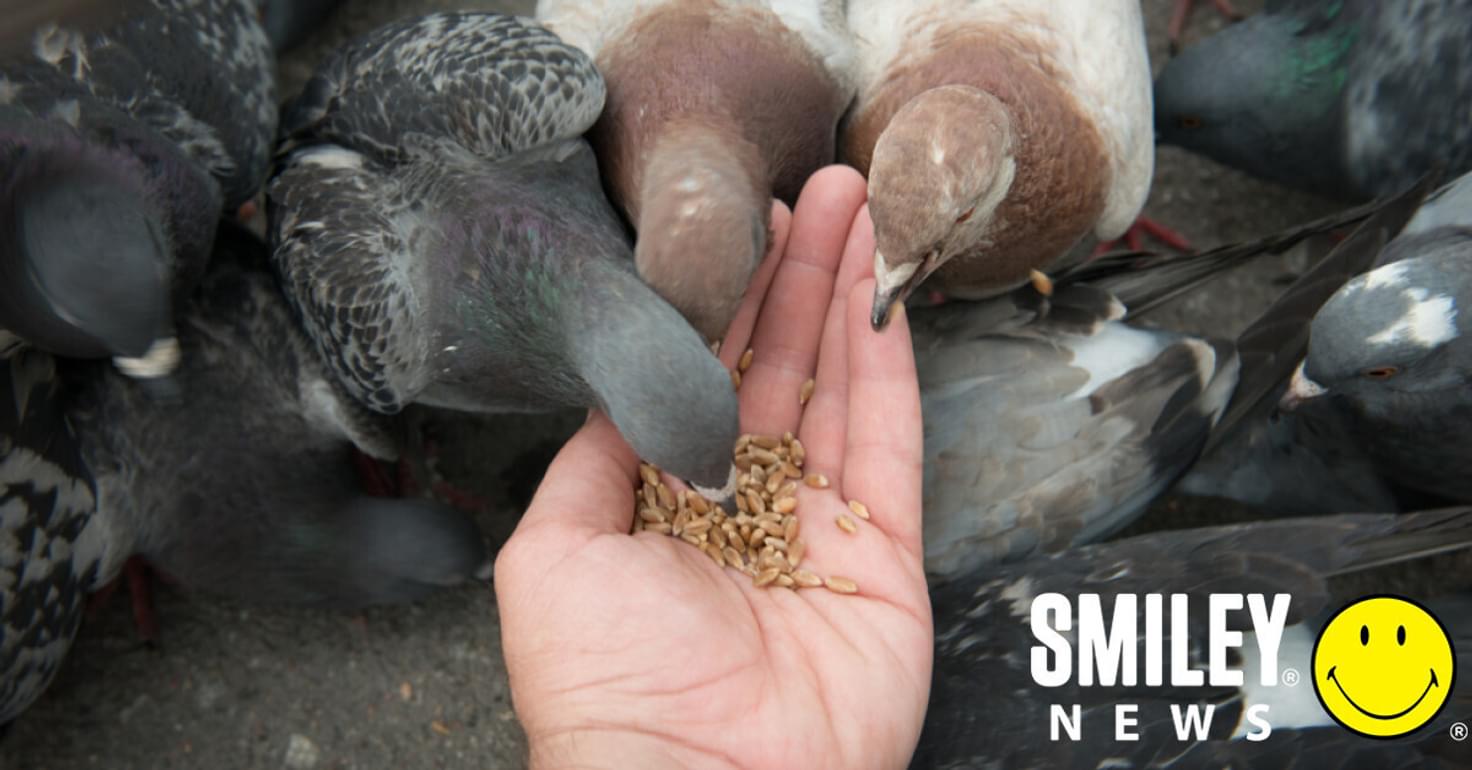
Words by Smiley Team
Life used to be tough for a loft of 18 ex-racing pigeons cooped up in unsanitary conditions in Kent. That was until the Royal Society for the Prevention of Cruelty to Animals (RSPCA) swept in to the rescue and found the birds an unlikely new home; HMP Foston Hall in Derbyshire, a women’s closed category prison and young offenders institution.
Both the pigeons and prison inmates gain much from the exchange. The inmates help to maintain the loft and care for the birds as part of an animal care course which is run by the prison’s education provider. This offers them a fulfilling activity that brings meaning to their lives while in custody and helps them reintegrate into society afterwards.
Animal husbandry offers numerous benefits to inmates. It isn’t an entirely new idea for rehabilitation either. In California for example, Pawsitive Change unites rescue dogs with prisoners, teaching them training skills and building their employability.
A UK Prison Service spokesperson said: “Educational programmes like this help prepare offenders for jobs on release, making them less likely to reoffend and keeping the public safe.”
Meanwhile, the pigeons have found willing carers in a suitable environment, vetted diligently by the RSPCA. In total the prison houses about 40 pigeons which they’ve adopted over the last two years.
RSPCA officer Brian Milligan cared for the birds before they were rehomed. He explained: “The prison offers the right environment for these birds and they will be in contact with us, giving us updates regularly, and hopefully some photos showing that the animals are in good hands, and are being looked after properly.”
Pigeon racing has faced criticism from animal rights organisations such as Peta for mistreating birds. Around 75 per cent of pigeons go missing in every race and not all breeders maintain sufficient standards of care.
“Because the hobby is in decline, there are a lot of birds, no longer used for racing, which have gone into retirement. And rather than letting them become neglected, I think it's a fantastic idea that prisons come forward and help,” Brian said.
It’s not only pigeons who need the RSPCA’s help in the current climate. Animal welfare issues have skyrocketed due to Covid-19. Since lockdown, the charity has dealt with a 20 per cent rise in daily calls to its helpline.
Brian explained: “Due to Covid-19 animals will suffer more. Obviously, people have lost their jobs and many of those with animals in their care find they can no longer support these animals. We will help in that situation. But to do that, we need donations from the public.”
The RSPCA is the world's longest-running and largest animal welfare charity. Since 1824, it has rescued, rehabilitated and rehomed or released animals across England and Wales.
To support their vital work, donate here.
Find more information at rspca.org.uk.